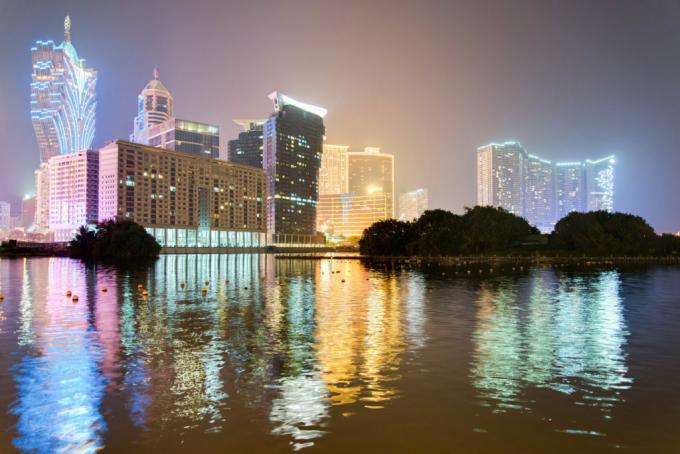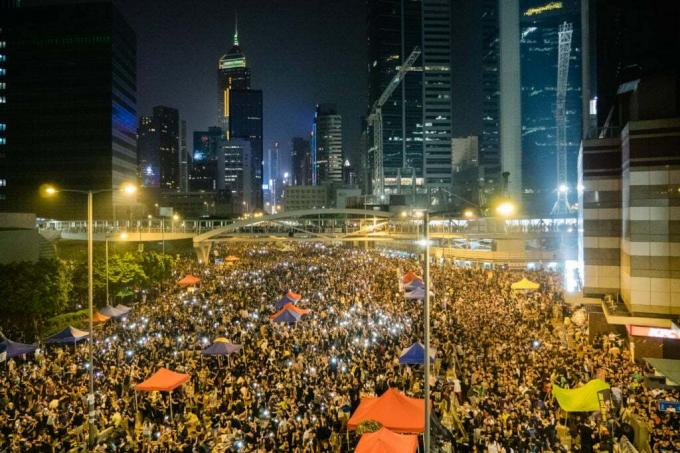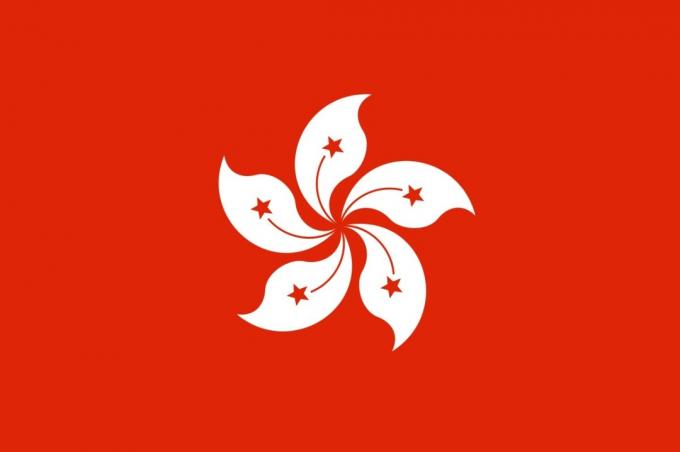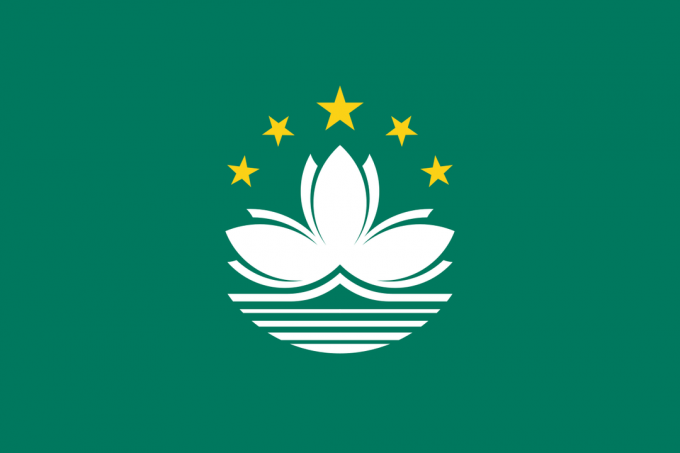Can a country have regions with their own political and economic regime different from their own? In China, not only is it possible, it has been practiced for over 20 years! The Asian country has two special administrative regions: Hong Kong and Macau.
What is a special administrative region?
see more
Ninth economy on the planet, Brazil has a minority of citizens with…
Scientists use technology to unlock secrets in ancient Egyptian art…
Special administrative regions (SARs) are administrative divisions with relative autonomy in China. Under the "One Country, Two Systems" principle, created by China's Supreme Leader Deng Xiaoping in the years 1978 to 1990, Hong Kong and Macau – formerly controlled, respectively, by England and Portugal – are once again territories Chinese.
From the adoption of this national policy, China was able to recover the sovereignty of Hong Kong and Macao, but under specific conditions, which ensure the autonomy of the regions in political matters and economical. To delimit them, Basic Laws were created, one for each administrative division, which ensure the legal issues involving both locations.
Hong Kong became a SAR in 1997; Macau, two years later, in 1999.

Both Hong Kong and Macao are provincial-level territories in China. They have their own political, economic, judicial, currency and immigration policies. Issues related to national defense and foreign policy, however, comply with Chinese legislation.
The citizens of the regions also enjoy freedom of expression and access to information, something that the Chinese population does not have.
Each region has its chief executive, similar to the governor of a province. However, the election is not direct. The person elected to office is chosen by an electoral college made up of different representatives of society.
According to agreements signed with Great Britain and Portugal, Hong Kong and Macau will remain SARs for a period of 50 years, that is, until 2047 and 2049, respectively. Afterwards, it is unknown what the status of the administrative divisions will be.
Independence?

While in Macau there is no notable or popular independence movement that causes instability, in Hong Kong the division is clearer. There are groups that want full Chinese sovereignty, while others want democracy and the right to directly elect their chief executives.
Other groups, however, go further – they want Hong Kong's independence from China. The claim is strongly linked to the strong sense of local identity, built during the years of occupation. English and that since the status of RAE, gained even more strength, as a way to stop the Chinese influence in the province.
Pro-independence movements and activists are rigorously arrested or reprimanded. In 2018, a party that openly advocated independence for the region was outlawed by the Hong Kong government on the grounds of being a threat to the security and order of the administrative division.
However, Hong Kong's independence from China is not claimed by all pro-democracy activists.
Administrative Region
Hong Kong

Population (2018): 7.434.000¹
Total area: 1,104 km²
chief executive: Carrie Lam
Official languages: Chinese (Cantonese)² and English
Official religion: none
Coin: hong kong dollar
Initially Chinese territory, Hong Kong became a colony of the United Kingdom in 1842, after the end of the first Opium War. Since July 1, 1997, it has been a special administrative region of China. It is one of the most important financial centers in the world.
Macao

Population (2018): 692.700³
Total area: 30.8 km²
chief executive: Chui Sai On
Official languages: Chinese (Cantonese) and Portuguese
Official religion: none
Coin: pataca
A Portuguese colony for over 400 years, Macau became a special administrative region of China on December 20, 1999. With a tourism-oriented economy, [and known for its casinos.
¹ and ³ – Data from the Encyclopedia Britannica
² – Chinese is a linguistic family that encompasses different languages. One of them is Cantonese, a dialect spoken in Hong Kong and Macau.

